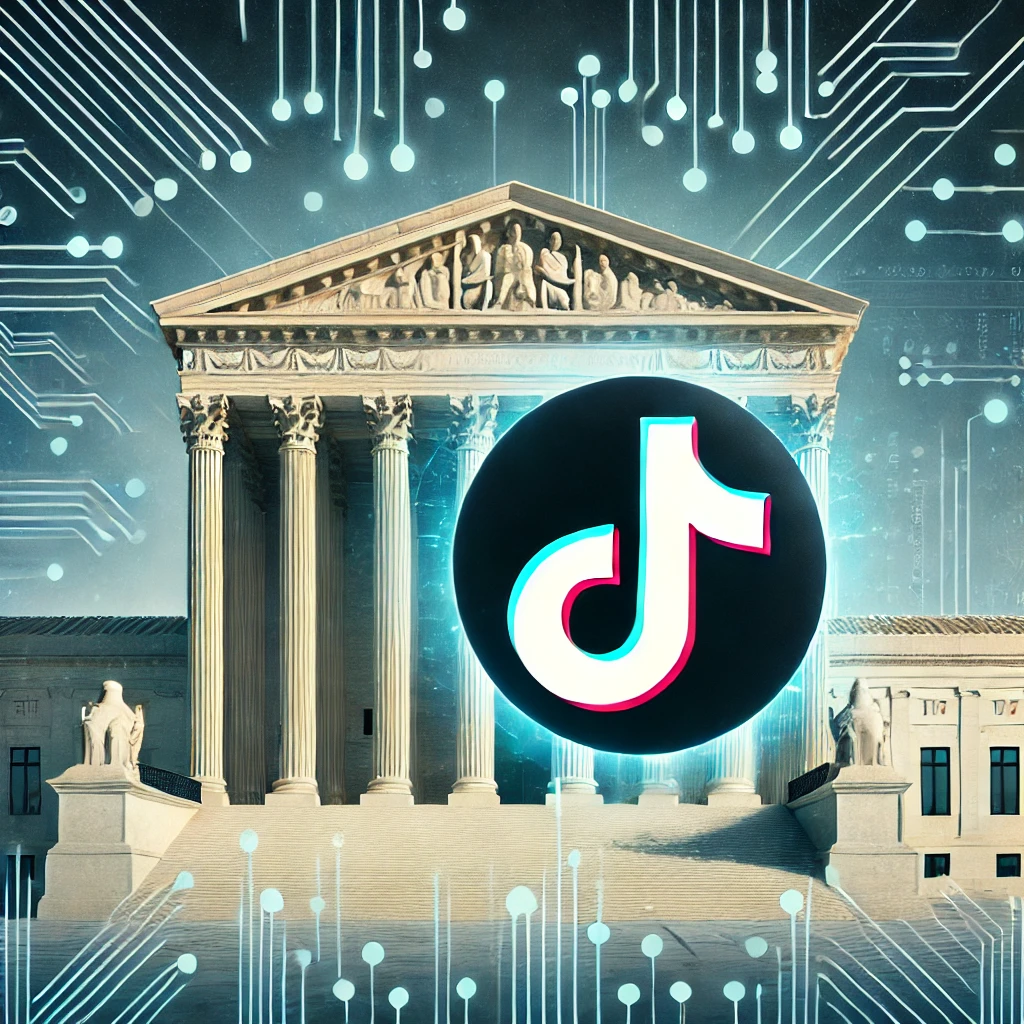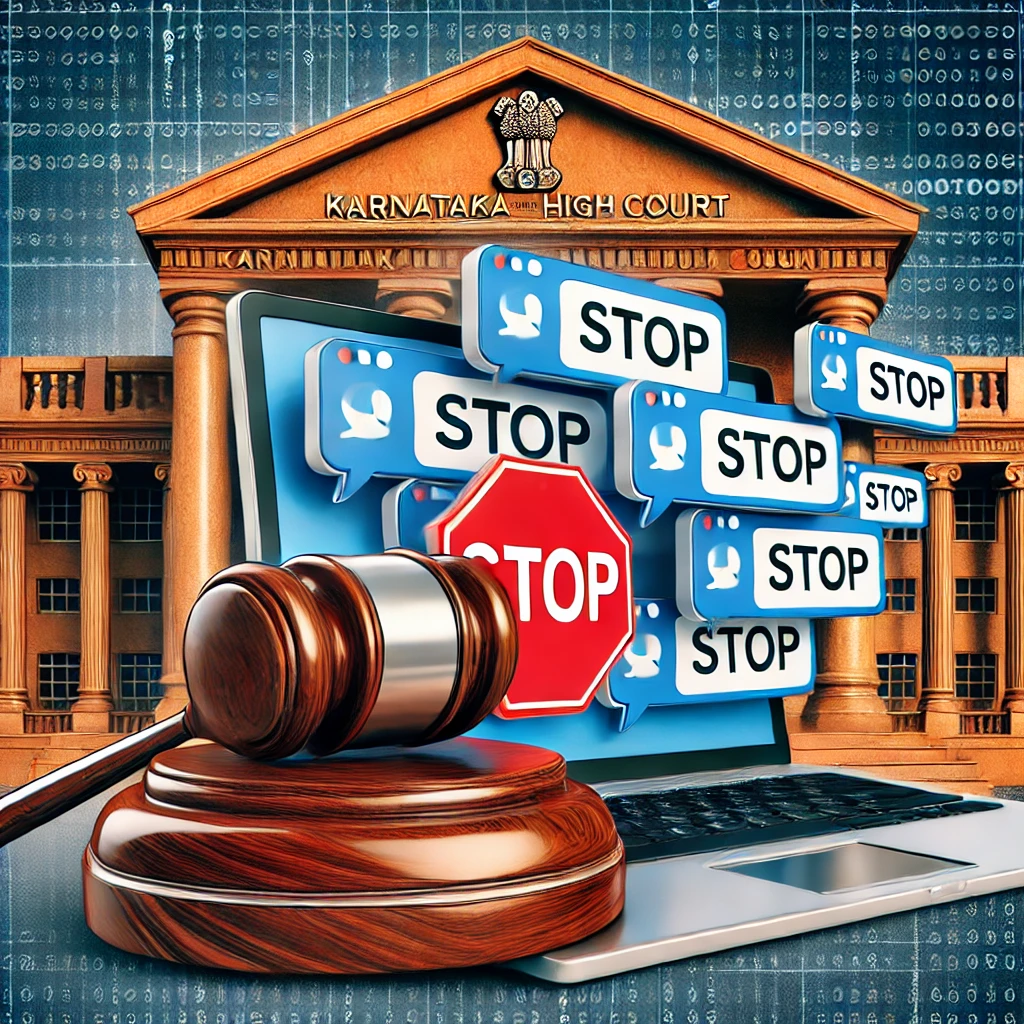Media laws at Latvia
Latvia has a robust framework for media laws, which ensures the protection of freedom of expression while also imposing regulations to maintain ethical standards, media diversity, and accountability. The legal structure governing the media in Latvia is influenced by both domestic law and European Union directives, as Latvia is an EU member state. Below is an overview of the key aspects of media laws in Latvia:
1. Constitutional Protection of Freedom of Expression:
Article 100 of the Constitution of Latvia guarantees the right to freedom of expression. It ensures that every person has the right to freely express their thoughts, ideas, and opinions. This includes freedom of the press.
However, this freedom is not absolute. Limitations are imposed for reasons such as the protection of national security, public order, health, morals, and the rights of others.
Freedom of the press is considered a cornerstone of democracy in Latvia, and it is protected by both the national constitution and by Latvia’s membership in international treaties that safeguard human rights.
2. Broadcasting and Telecommunications Laws:
The regulation of broadcasting and telecommunications in Latvia is overseen by the National Electronic Media Council (NEPLP), an independent body established to ensure compliance with broadcasting regulations, media diversity, and ethical standards.
The Electronic Media Law (2010) is the main piece of legislation governing broadcast media in Latvia. It covers radio, television, and the transmission of audiovisual media services. This law aligns with EU directives such as the Audiovisual Media Services Directive (AVMSD), which sets out standards for broadcasting, advertising, and the protection of minors.
The Public Electronic Media Law regulates the public broadcaster Latvijas Televīzija (LTV) and Latvijas Radio (LR), ensuring that they provide public service content and maintain editorial independence from government influence.
NEPLP is responsible for overseeing content regulation, including adherence to advertising rules, the protection of minors, and ensuring media plurality. The NEPLP also allocates broadcast licenses and oversees the licensing of television and radio stations in Latvia.
3. Defamation and Media Liability:
Defamation laws in Latvia make it possible for individuals or entities to sue for defamation if they believe their reputation has been harmed by media content.
While defamation is treated as a civil matter in Latvia, defamation can also be criminal under certain circumstances if it is deemed to have a serious impact on public order or the individual's dignity.
Latvia follows the European Convention on Human Rights (ECHR), which emphasizes that restrictions on freedom of expression, such as defamation suits, must be proportionate and necessary in a democratic society.
Media outlets and journalists are required to act responsibly and follow journalistic ethics when publishing content. However, in practice, there have been concerns about the use of defamation suits to silence critical journalism.
4. Media Regulation and Ownership:
Media ownership in Latvia is regulated to prevent undue concentration of media power. The Electronic Media Law imposes rules on media ownership to ensure pluralism and prevent any one entity from gaining too much control over the media landscape.
Media companies must disclose their ownership structure, and there are limits on foreign ownership in Latvia's media sector. This is designed to ensure that media outlets reflect a variety of viewpoints and are not controlled by a small number of political or business interests.
NEPLP also monitors the diversity of media content and ensures that media outlets adhere to standards of fairness and balance, particularly in terms of political coverage.
5. Press Freedom and Censorship:
Latvia enjoys a relatively high level of press freedom, and it is often ranked favorably by organizations like Reporters Without Borders (RSF) for its commitment to journalistic independence and the absence of overt government censorship.
Censorship is prohibited by law, but the media may face indirect pressures in politically sensitive areas. There have been concerns about the influence of political and economic interests on editorial content, but there are no formal government-imposed restrictions on press freedom.
Journalists in Latvia can operate freely and without fear of government censorship, though they may sometimes face legal challenges, such as defamation suits or challenges to their sources of information, particularly when reporting on corruption or sensitive political matters.
6. Access to Information:
Latvia has a Freedom of Information Act, which provides citizens with the right to access public documents and government-held information.
Journalists and citizens can request access to documents from public authorities, with certain exceptions for information related to national security, privacy, and business secrets.
Public institutions are required to disclose information unless there are valid legal reasons to withhold it. However, there can be bureaucratic delays in accessing public records, and some journalists have faced challenges in obtaining information from the government.
7. Journalist Protection and Safety:
Latvia is generally considered a safe country for journalists, with relatively few instances of violence or harassment against media workers. However, as in many countries, reporters occasionally face threats or intimidation, especially when investigating corruption or organized crime.
Latvia has legal protections for journalists, and the country is committed to upholding international norms for protecting media workers, such as those laid out by the Council of Europe and the United Nations.
The Latvian Journalists' Association plays a role in advocating for the rights and safety of journalists, ensuring that they can perform their duties without fear of retribution.
8. Social Media and Digital Media:
Social media platforms are widely used in Latvia, and they have become an important source of news, particularly among younger audiences. However, the government has raised concerns about the spread of misinformation and disinformation on social media.
Latvia follows EU regulations regarding online content, including the Digital Services Act (DSA) and General Data Protection Regulation (GDPR), which aim to ensure that online platforms operate responsibly and protect user privacy.
The government and regulatory bodies like NEPLP monitor digital media for compliance with legal standards, including advertising rules, hate speech, and the protection of minors from harmful content.
Hate speech and disinformation are particularly sensitive issues in Latvia, given its history and the presence of minority groups, such as ethnic Russians. The government has made efforts to combat hate speech online, while also ensuring that these efforts do not infringe on free speech.
9. Media Ethics and Standards:
Latvia has well-established journalistic ethics that are based on principles of accuracy, fairness, and independence. Journalists are expected to adhere to the Code of Ethics of Latvian Journalists, which emphasizes the importance of truthfulness, impartiality, and respect for the rights of individuals.
There is a focus on self-regulation in the media industry, and Latvia has a system of voluntary media organizations that promote ethical reporting and provide guidance on responsible journalism.
NEPLP also plays a role in ensuring compliance with ethical standards in broadcasting, particularly regarding fairness in political coverage, the protection of minors, and the avoidance of harmful content.
10. International Standards and EU Influence:
As a member of the European Union, Latvia is subject to EU directives on media regulation, including the Audiovisual Media Services Directive (AVMSD), which sets standards for broadcasting, advertising, and media ownership.
Latvia is also a member of international organizations like the Council of Europe, which advocates for the protection of press freedom and the rights of journalists across Europe.
Conclusion:
Latvia’s media laws provide a strong foundation for press freedom and media diversity, with constitutional guarantees for freedom of expression, a well-regulated broadcasting sector, and protections for journalists. The regulatory framework, overseen by bodies like NEPLP, ensures that media outlets comply with ethical standards and are held accountable for their content. While the country has strong legal protections in place, challenges such as media ownership concentration, political pressures, and concerns about disinformation persist. Latvia remains one of the more favorable countries for press freedom in Europe, with a relatively high degree of journalistic independence and media pluralism.




















0 comments